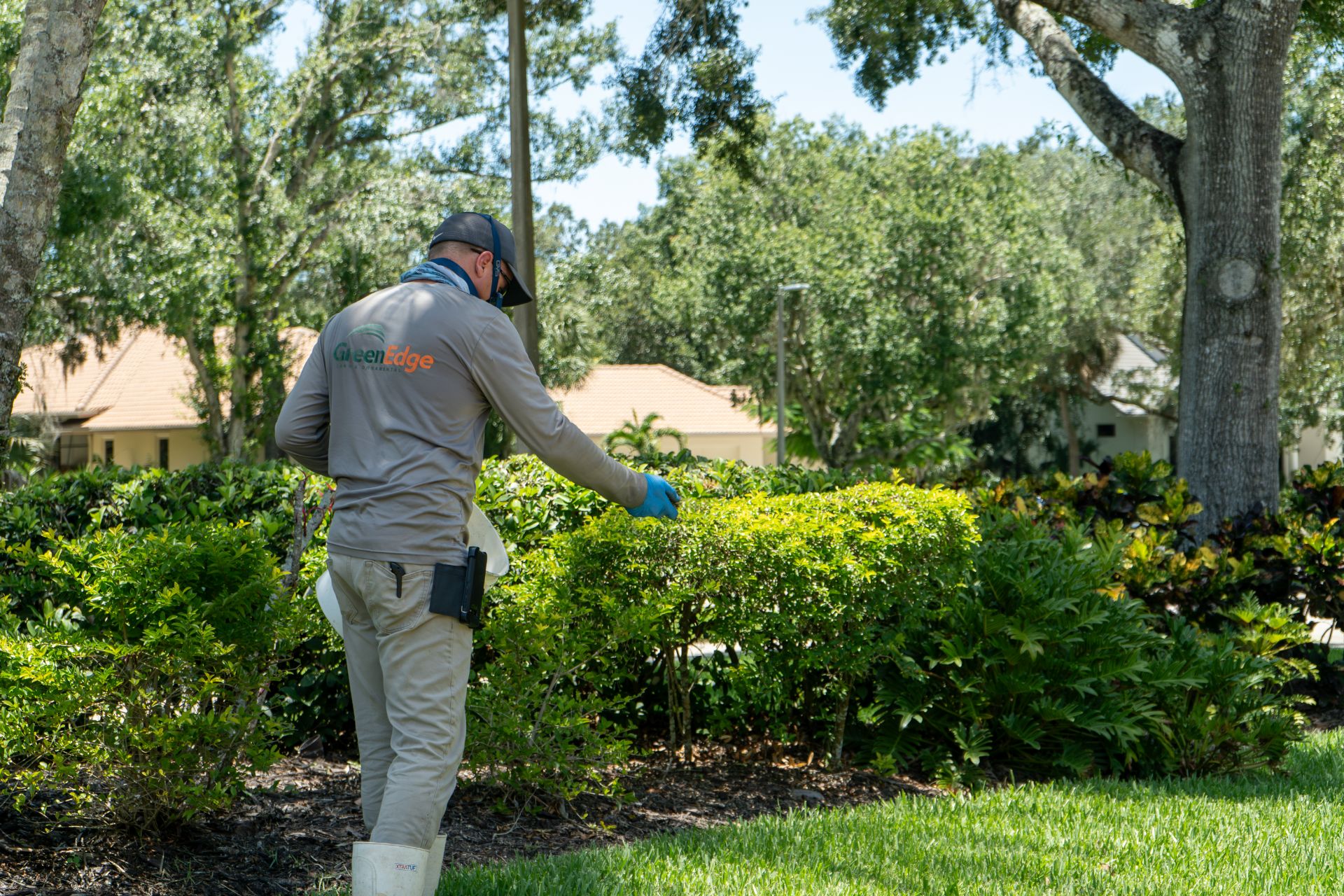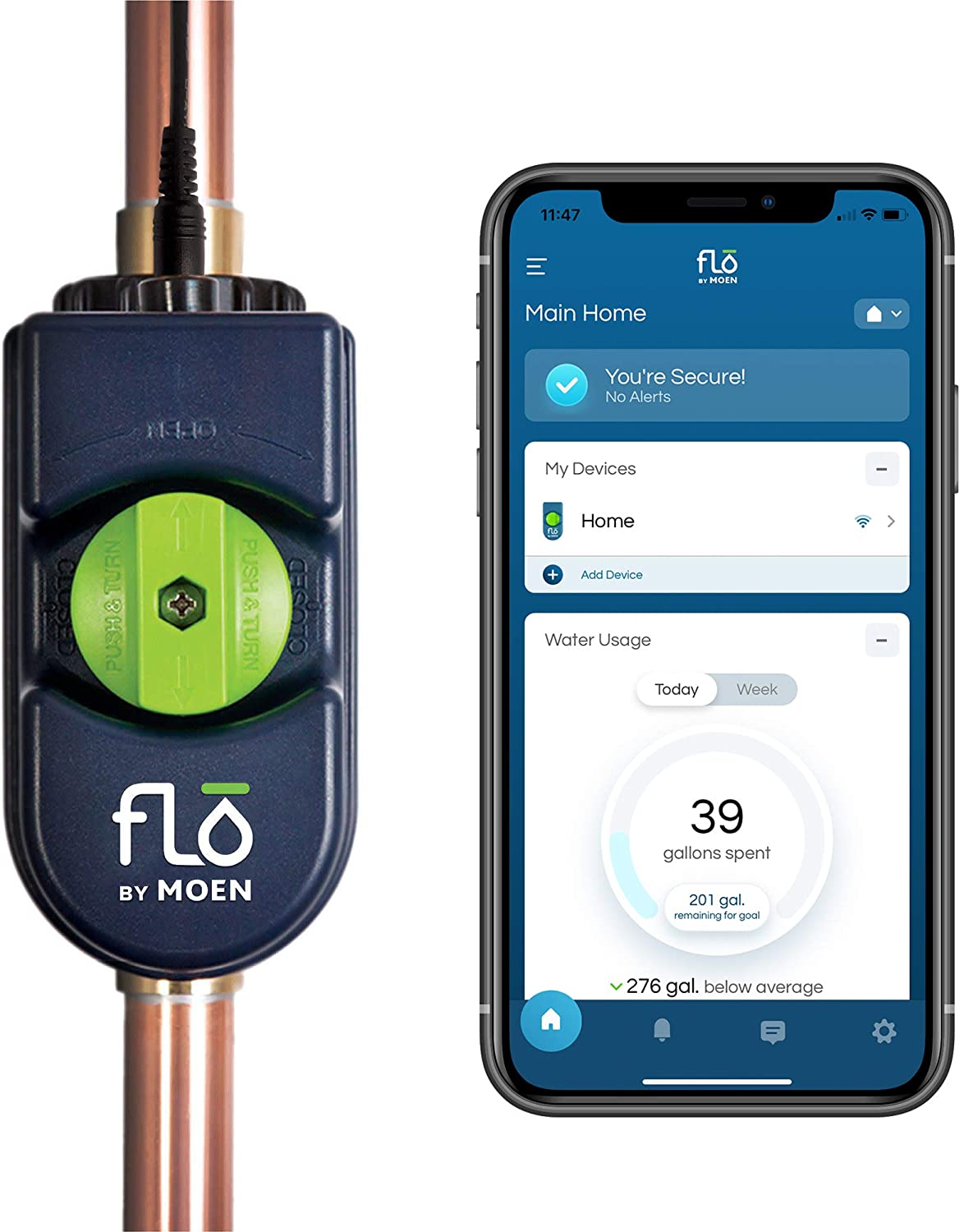
Green Harmony: Eco-Friendly Lawn Care Services

Nurturing Nature: The Essence of Eco-Friendly Lawn Care Services
In the pursuit of a lush and vibrant lawn, an increasing number of homeowners are turning to Eco-Friendly Lawn Care Services. These services go beyond traditional lawn maintenance, prioritizing sustainable and environmentally conscious practices. From organic fertilizers to water conservation strategies, embracing eco-friendly lawn care not only beautifies outdoor spaces but also contributes to a healthier planet.
Organic Lawn Maintenance for a Greener Approach
One of the cornerstones of Eco-Friendly Lawn Care Services is the use of organic lawn maintenance practices. Instead of relying on synthetic fertilizers and pesticides, eco-friendly providers opt for organic alternatives. This shift minimizes the environmental impact, promotes soil health, and reduces the exposure of homeowners, pets, and wildlife to harmful chemicals. Organic lawn care nurtures the ecosystem within the lawn, fostering a balanced and sustainable environment.
Water Conservation Strategies for a Sustainable Lawn
Water conservation is a key focus of eco-friendly lawn care. Providers assess the specific water needs of the lawn, incorporating strategies such as smart irrigation systems, rainwater harvesting, and drought-resistant grass varieties. By optimizing water usage, eco-friendly lawn care not only conserves this precious resource but also helps homeowners reduce water bills and promotes resilience in the face of changing climate conditions.
Natural Pest Control for a Balanced Ecosystem
Eco-friendly lawn care emphasizes natural pest control methods, steering away from harsh chemical pesticides. Beneficial insects, companion planting, and organic pest deterrents are employed to maintain a balanced ecosystem within the lawn. This approach protects not only the grass but also the beneficial insects, birds, and other wildlife that contribute to a healthy and thriving outdoor environment.
Soil Health Enhancement for Robust Lawns
A strong foundation for a green lawn lies in healthy soil. Eco-Friendly Lawn Care Services prioritize soil health enhancement through practices such as aeration, composting, and the use of organic amendments. By focusing on soil vitality, eco-friendly providers ensure that the lawn receives the necessary nutrients, retains moisture effectively, and develops a robust root system for long-term sustainability.
Seasonal Lawn Care Practices for Optimal Results
Eco-friendly lawn care adopts a seasonal approach, recognizing the changing needs of the lawn throughout the year. From spring awakening to winter dormancy, providers tailor their practices to match the seasonal requirements of the grass and soil. This targeted approach ensures that the lawn receives the right care at the right time, promoting optimal growth, resilience, and overall health.
Educational Outreach for Informed Homeowners
Part of the eco-friendly lawn care ethos involves educating homeowners about sustainable practices. Service providers often engage in educational outreach, offering tips and guidance on eco-friendly lawn care practices that homeowners can implement independently. This knowledge transfer empowers homeowners to be active participants in maintaining a green and environmentally conscious lawn.
Equipment and Fleet Sustainability for Reduced Carbon Footprint
Eco-Friendly Lawn Care Services extend their commitment to sustainability by adopting eco-conscious equipment and fleet management practices. Electric or battery-powered lawn mowers, emission reduction strategies, and fuel-efficient vehicles contribute to a reduced carbon








